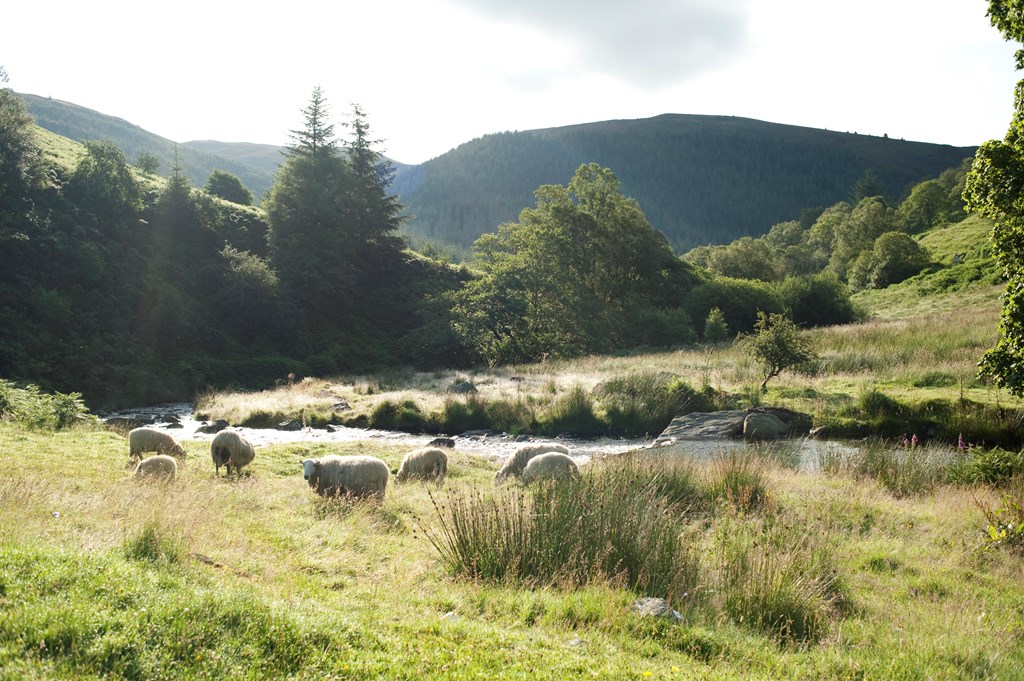
A transition period of at least 10 years is necessary in order to phase in and allow the industry to adjust to new agricultural policies post-Brexit, the Farmers’ Union of Wales has said.
In addition, the union has argued that agricultural support following the UK's exit from the European Union should be maintained at levels which reflect those levels which would have been in place should the UK have voted to remain in the EU.
FUW President Glyn Roberts said: “A third of Wales’ population live in rural areas where farming, and businesses which rely on agriculture, play an important role in local economies; in sparsely populated areas, where centres of population have less than 2,000 people, around 10 per cent of workers are employed in agriculture. That equivalent to 14 per cent of those employed outside the public sector.
“With this in mind, the FUW has highlighted for many years the wider role agriculture plays in terms of supporting Wales’ rural and wider economy and that’s why we are stressing the fact that agriculture needs to be allowed to adjust to new policies post-Brexit and that support is maintained in line with other EU countries.
“With large numbers of politicians from across the political spectrum seeing the Brexit vote as an opportunity to introduce changes which would have devastating impacts for agriculture, rural communities, and all those involved in food and agricultural supply chains, the need to inform people of the dangers of undermining Welsh agriculture has never been greater.”
The FUW has suggested a UK agricultural framework which prevents 'unfair competition' between devolved UK regions, and secures long term funding for agriculture. The union seeks reassurance that the UK government will 'respect' devolved powers over agriculture and the need for flexibility within that framework.
